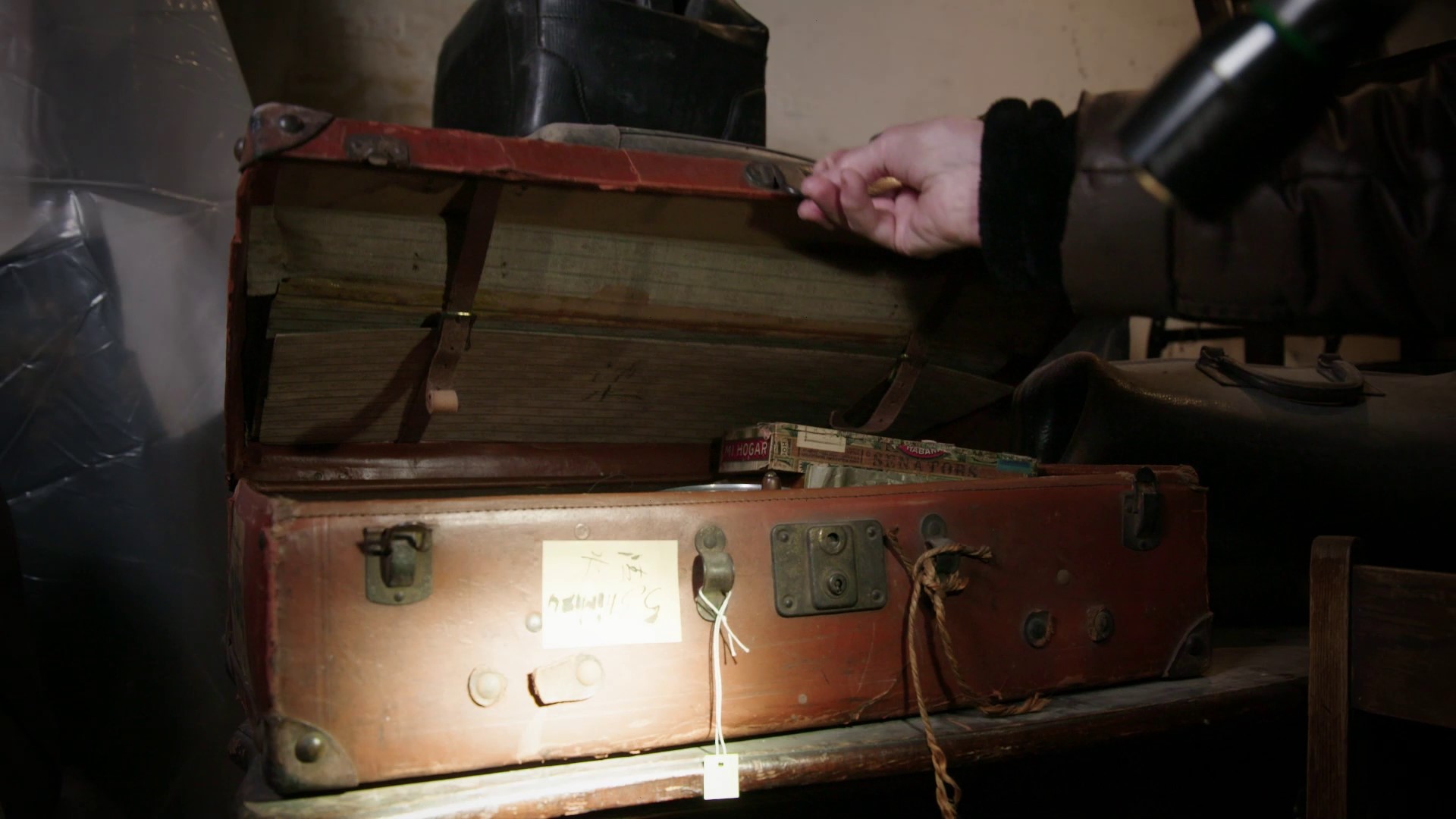SEATTLE — March 21 marks 82 years since the U.S. government forced Japanese Americans into concentration camps following the bombing of Pearl Harbor.
When released, they found refuge and stability in an unlikely place: Seattle hotels.
Some of those hotels that played roles in that story are still standing today. The Panama Hotel watches over Seattle's Nihonmachi, or Japantown.
Jan Johnson maintains the 102 rooms inside. Each room is a perfect preservation of the past and the hotel still serves the public. Many can tell by its original furniture, carpet and light-filled architecture that Seattle's Japanese American history lives in the details.
The hotel had a lot of Japanese influence, as the owners before Johnson were Mr. and Mrs. Takashi Hori. The hotel was also built by the first Japanese American architect in Seattle, Sabro Ozasa.
However, the basement of the Panama holds secrets only a few know about.
Below street level are items left behind by Japanese Americans forced to leave their homes and enter internment camps during World War II.
The move was so swift, the Panama Hotel became a temporary storage facility for people in the area.
Johnson had no connections to Japanese Americans 38 years ago when she bought the hotel from the Horis.
"When I said I wanted to buy it, I had no credit, unemployed, single, female, Caucasian was going to buy this building downtown," Johnson explained. "I never had a hotel or business, but I just knew it needed to be saved, and it still needs to be saved."
It's not just the Panama either. Other hotels in the International District hold key narratives for Japanese Americans.
90-year-old Shokichi Tokita grew up in the International District.
"My parents ran a hotel down there called the Cadillac Hotel," Tokita said. "That's where we lived."
Tokita was 8 when President Franklin Roosevelt signed Executive Order 9066, ripping his family away from the Cadillac Hotel and sending them to Hunt, Idaho, where the concentration camp Minidoka was located.
Many Japanese Americans from the Pacific Northwest were imprisoned there for years.
"We were surrounded by barbed wire with sentries, and the sentries were manned by U.S. army personnel and their guns were facing in, towards us," Tokita said. "The only thing I understood was that the luxuries we were growing up with were no longer there."
When the family returned to Seattle after nearly three years at Minidoka, they had nothing — and nowhere to live. To get back on their feet, they turned to another hotel.
This time, it was the Hunt Hotel. A makeshift hotel inside the Japanese language school, that's now also a cultural center in the Chinatown International District. Tokita's family stayed at the Hunt for two years along with approximately 20 other families.
Tokita said he associates the Hunt Hotel with pleasant memories.
"This is my home out of the camp, so it's nostalgic," he said. "Because it helped me get started in the city, in the city life."
Kurt Tokita, Shokichi's son, said he didn't learn about his family's traumatic past in detail until well into his adult life. When Kurt was in school, he said his teachers white-washed the racism that took place.
"This was never taught in school, no," Kurt said. "I wrote an article in a journalism class when I was a senior in high school, and I said it was concentration camp and the journalism teacher said it was never a concentration camp and there were never machine guns or guards."
Kurt said experiences like that, the re-writing of history, make keeping the truth even more important. Even the stories inside the most modest of Seattle hotels need to be preserved.
The Panama Hotel's basement is not open to the public for viewing, but there is a glass panel inside the café that allows a glimpse of what's below. You can book a stay at the Panama like you would any other hotel.
Johnson said she wants to eventually turn the Panama into some sort of hotel and museum.
"You leave people with blanks or gaps in the history," Kurt said, "and if they don't learn from their previous mistakes, they're going to repeat it."

